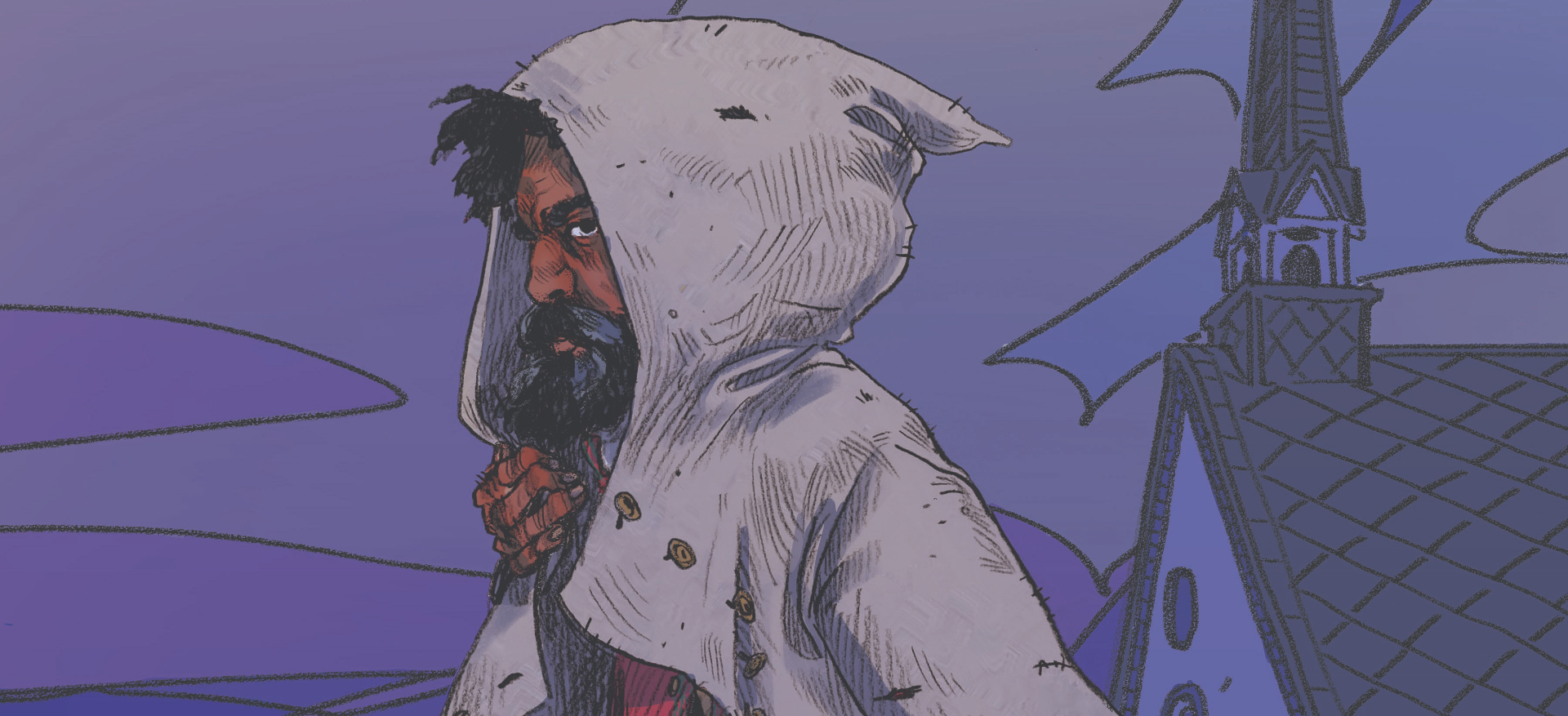
 0
0A culture kept alive through resistance
Jack "still speaks with a Guinean accent"

Without official documents proving their birth or place of origin, slaves like Jack lost not only their family and community ties, but their cultural identity as well.
Successive uprooting
The successive uprooting experienced by slaves and the ban on use of their own name or language, on playing their music or practicing their religion prevented them from keeping their culture alive.
However, another proof of resistance by slaves was their ability and that of their descendants to transmit a portion of this cultural legacy, leading to the emergence of typical African-American cultural diversity.
The right to preserve one’s language, culture and religion
With the protection of human rights came a set of guarantees, such as the right to preserve one’s language, culture and religion and to pass them down to one’s children.
This protection is particularly important for Indigenous communities and Nations who were victims of assimilation policies. The former Chief Justice of the Supreme Court of Canada has ruled that these assimilation policies constitute cultural genocide.
Now, Indigenous children have the right to communicate and to be educated in their mother tongue; it is a matter of human rights. These rights are enshrined in international, Canadian and Québec legal instruments.